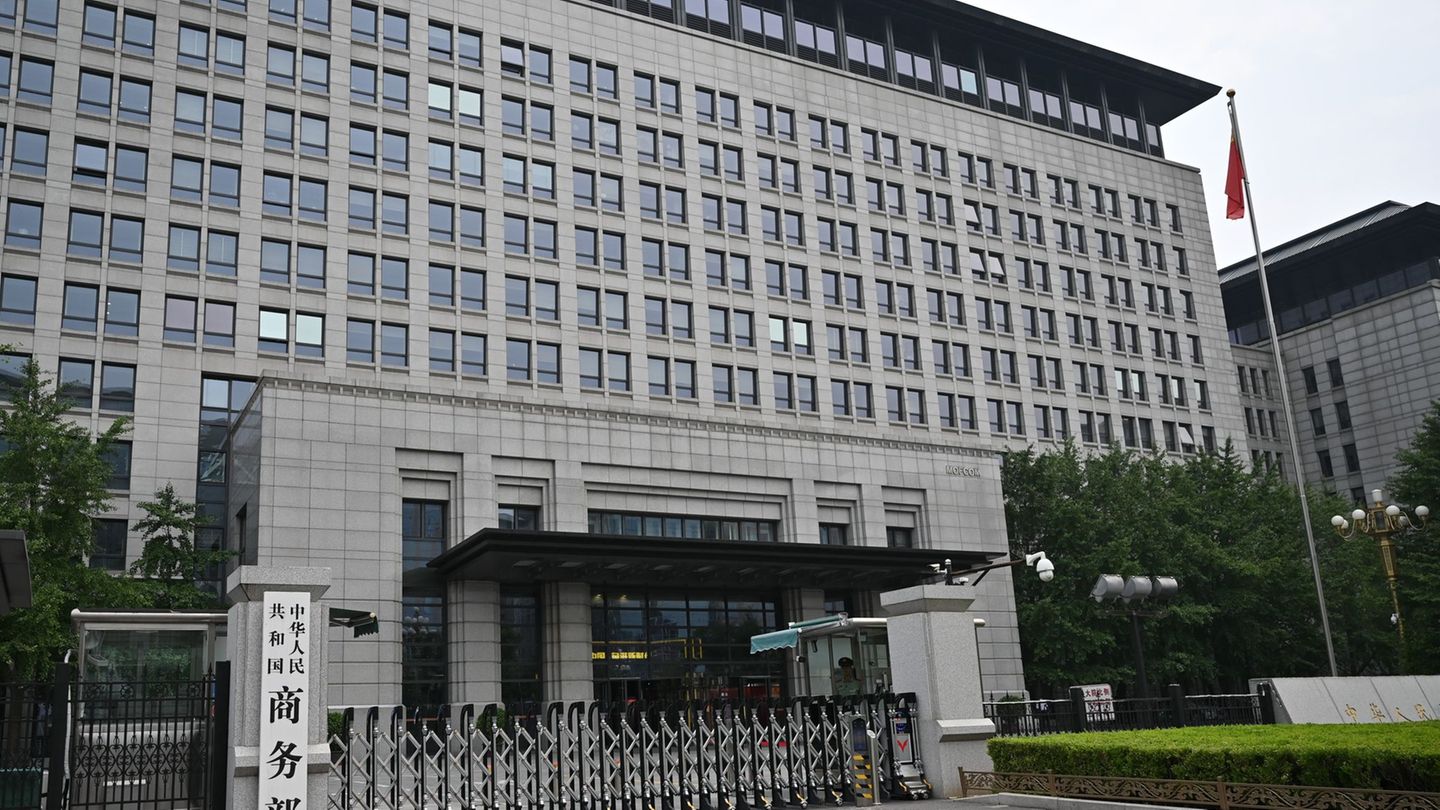Pablo García de Castro, Regional Director for the Southern Cone of the Latin American Telecommunications Association ASIET, an entity that brings together private and public companies, revealed results of a survey carried out by this entity.
In addition to providing figures on the billing of illegal sites and the accumulated damage to the activity, the study indicates that in Argentina the number of unique users who consult live content through illegal sites tripled.
“In 2020 we had found more than 5 million users consuming live content piracy. Today they exceed 14 million, mostly for sporting events, especially football,” he explained.
Furthermore, he highlighted a significant element to take into account the evolution of the illegal business: there was an increase in the number of clicks that a user of an illegal platform needs to access content. It went from four to seven clicks.
“This implies a growth in business, in advertisers who pay to be on these sites. This results in the risk of privacy and security of users,” he warned.
Regarding the content of the advertisements, he explained that “Seventy percent correspond to sports betting, that is, game advertising supports piracy, and this is a growing risk”concluded García de Castro.
The almost absolute predominance of sports broadcasts, especially soccer, is a phenomenon that has a very marked presence in Argentina. And outside of Latin America, another country that suffers from piracy in this area is Spain.
Carlos del Campo Colas, Deputy Director to the Presidency of LaLiga, the company that acquired the rights to football in Spain, admitted that “we it affects us directly on income. Spain is the fourth country in terms of piracy consumption, with more than 30% of transmissions. It is a chilling figure. In Europe we are ahead”.
Although Carlos del Campo Colas did not offer specific figures, Spanish media reported that piracy services imply losses for Spanish clubs. that reach up to 700 million euros per year.
In this framework, they also highlight that LaLiga denounced that large technology companies such as Google or Apple they are not collaborating to combat piracy, since they make profits from this illegal activity through their search engines, app stores or advertisements, among others. LaLiga calculated that if Google helped the legal system, Piracy would be reduced by 80%.
Argentina and the lack of legal tools against piracy
Another participant in the Anti-Piracy Seminar, Horacio Azzolin, Attorney General of UFECI, highlighted that “there are legal tools that are still missing. Argentina has been characterized by very good intellectual property laws, but there are elements that we are missing. There is a complicated regulatory issue and an investigative one that is missing.”
Nilton Navarrete, Senior Legal Manager – Business and Legal Affairs at Paramount, said that it is necessary “to make a awareness of the negative effect that causes piracy. They minimize it, but they must understand that nothing is free”.
For his part, Sergio Piris, Manager of Criminal Affairs, Technological Crimes, Anti-piracy and Judicial Requirements of Telecom Argentina, said that the company works “in an interdisciplinary manner to address anti-piracy, it does at a preventive level by canceling the different platforms and very actively when doing criminal complaints”.
“We remove any illegal mention of our company’s brands immediately with appropriate tools. These are intellectual property violations, and sanctions must be more forceful. The blockades must be ordered judicially,” he stressed.
Anti-piracy actions launched in Italy and the United States
This Wednesday it was known that the Motion Picture Association (MPA), which brings together companies in the United States audiovisual sector, anticipated that will seek to deactivate the site Anime FLVwhich distributes anime content illegally.
On the other hand, in Italy the Chamber of Deputies and the Senate They approved a new anti-piracy lawespecially aimed at football, which establishes that those responsible for teleoperators They may face sentences of up to one year in prison if they do not report illegal content. on their servers.
Simultaneously, from Spain the results of a report prepared by the Observatory of the Sustainability of Written Culture (2024-2025) were known, which corroborates that piracy is “extended and normalized”.
This study highlights that 67.5% of consumers of digital editorial content obtain it through illicit channels. But clarify that 40% of those users unknown which are pirated content.
Regarding the reasons that consciously encourage people to use the illegal route, 74.3% of those surveyed for the study argued that they do so because technology makes it easier to access without paying to books, newspapers, magazines and sheet music. Meanwhile, another 49.5% said they resorted to this illegal practice because the price of the original content is very expensive.
Another reason given by illegal users is the fact that they consider that Digital has less value than print because it is not a physical object.: “30% of those surveyed download more than they read,” summarizes the study.
Source: Ambito
David William is a talented author who has made a name for himself in the world of writing. He is a professional author who writes on a wide range of topics, from general interest to opinion news. David is currently working as a writer at 24 hours worlds where he brings his unique perspective and in-depth research to his articles, making them both informative and engaging.




